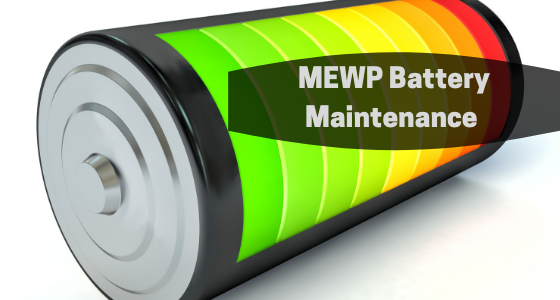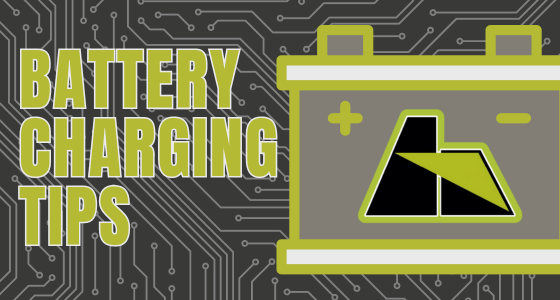
Properly Maintained Batteries Reduce Downtime, Keep Your MEWP Running Smoothly
Batteries are essential to keeping machines running smoothly and running (period). To keep your mobile...

Batteries are essential to keeping machines running smoothly and running (period). To keep your mobile...

Learn how to charge your equipment batteries safely and get the most out of them...